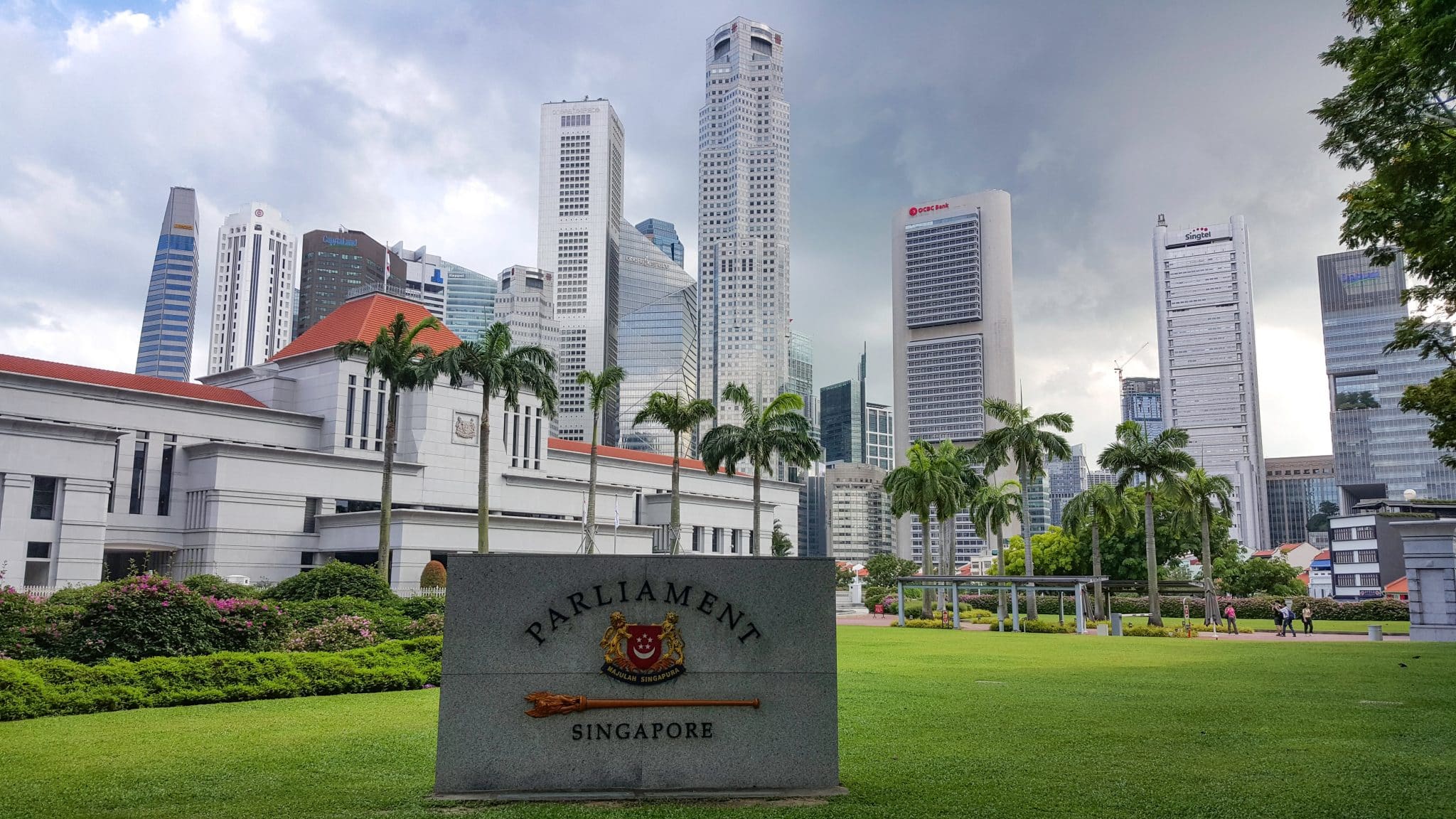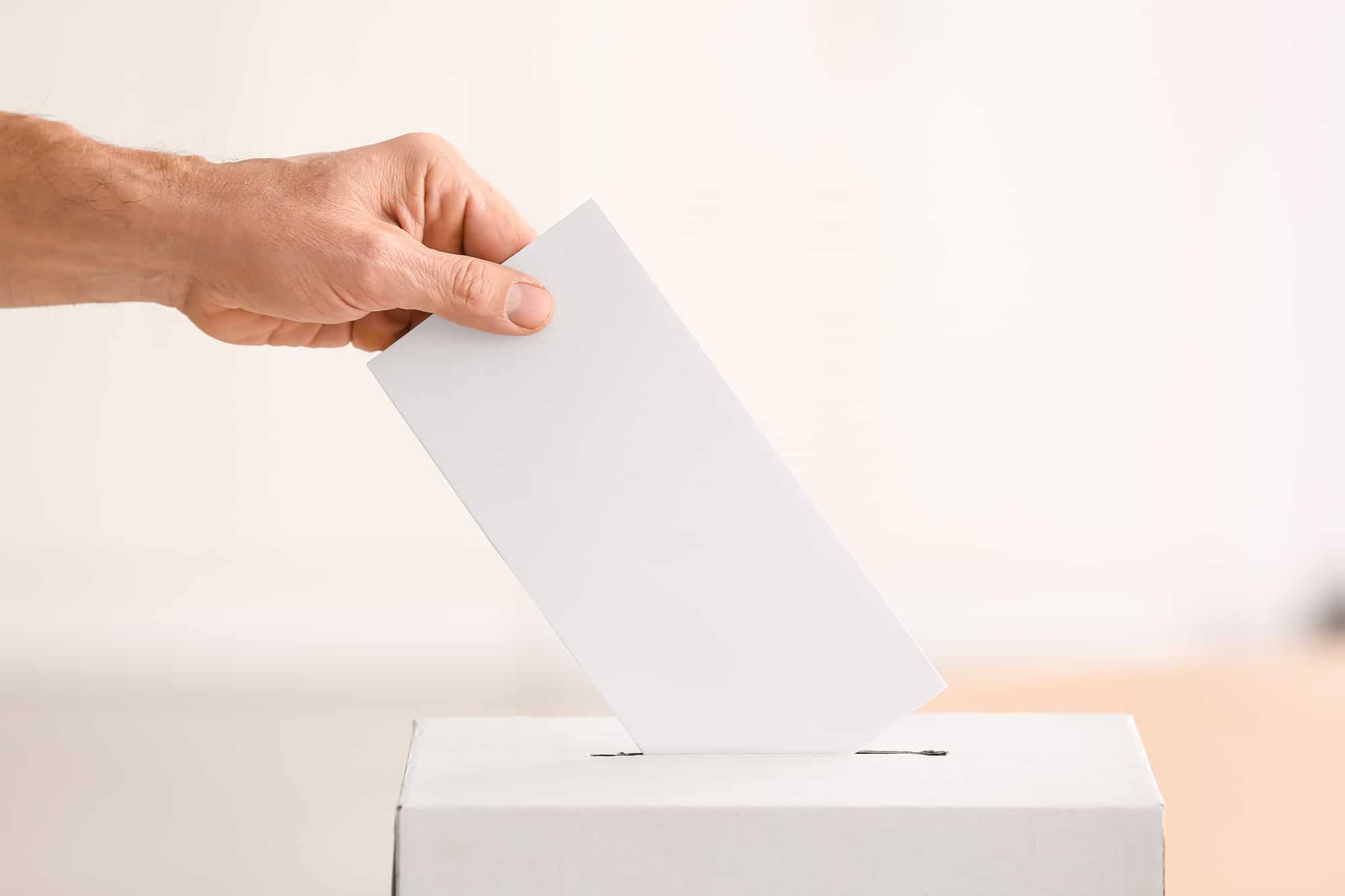Don’t rush review of Section 377A unless and until concrete safeguards are in place: APCCS
Salt&Light // August 19, 2022, 9:12 pm

With signals that the Government is looking into a possible review of Section 377A, the Alliance of Pentecostal & Charismatic Churches of Singapore (APCCS) on Friday (19 August) called for “concrete and adequate safeguards” to be in place before considering any change to the law, which criminalises sex between men.
“We continue to strongly caution against removing the moral marker established in Section 377A, which we see as a marker for many social and moral considerations,” said the network, which represents some churches, Christian organisations, and pastors in Singapore.
“We caution against rushing this process.”
Various politicians, including Deputy Prime Minister Lawrence Wong as well as Law and Home Affairs Minister K Shanmugam, have said publicly and in closed-door sessions that the authorities are seeking the “best way forward” on Section 377A, which has seen legal challenges and come under international pressure in recent months.
“A repeal of Section 377A without enshrining the definition of marriage signals a shift in values and a step towards the liberalisation of the moral landscape in Singapore,” said the APCCS.
“We should avoid weakening the commitment to current norms of sex, family, and marriage, and instead, strengthen these commitments for the sake of our nation’s prosperity and progress.
“We affirm the Government’s efforts to safeguard marriage and urge that the best way forward would be to entrench the definition of marriage as a union between a man and a woman in the Singapore Constitution.”
THE APCCS STATEMENT IN FULL:
The Alliance of Pentecostal & Charismatic Churches of Singapore (APCCS) is thankful for the ongoing consultations and efforts undertaken by the government ministers and their staff teams to engage us, and others on our views over Section 377A.
The church plays an integral role in multi-religious Singapore by safeguarding and strengthening the moral fabric of our society. The decisions made today will have a profound impact on the culture that our children and future generations of Singaporeans will live in.
We continue to strongly caution against removing the moral marker established in Section 377A, which we see as a marker for many social and moral considerations.
The government has said that it is looking into what to do with Section 377A. We continue to strongly caution against removing the moral marker established in Section 377A, which we see as a marker for many social and moral considerations. While we agree that not all sin should be criminalised, harmful sexual behaviour should not become mainstream either.
The issue surrounding Section 377A is not just about its “legal untidiness”, or that it criminalises gay sexual acts since the prospect of that has now effectively been nullified by the courts. The problem is that the unmitigated repeal of Section 377A facilitates the progress of a brand of intolerant and aggressive LGBT activism which seeks to impose its ideology upon Singapore society.
If done in isolation, wide-reaching negative social consequences inexorably follow – from rewriting the norms of acceptable sexual relationships, to the downstream impact of what our culture validates and celebrates in our education system, our media, and public life.
The Church’s Love for Same-Sex Attracted People
While we caution against normalising homosexuality in Singapore, we empathise and reach out to those with same-sex attraction. They are an important part of the world that God loves and are worthy of compassion, equal respect, and dignity.
The desire for loving companionship, the search for identity, and purpose are deep within every human heart. This human search for identity and acceptance finds fulfilment in a personal relationship with God through Jesus Christ through a life of surrender and obedience to God, which includes His instructions on sexuality.
The Church continues to uphold the standard that the act of homosexual sex is harmful, both to the individual and to broader society. At the same time, our churches and hearts remain warm and open to those who are gay, and invite all to live a life pleasing to God.
In light of our solemn responsibility as a caretaker of public morality, we reject any normalisation of homosexuality and denounce attempts to deconstruct Singapore’s norms on marriage and family.
What Section 377A Achieves
Section Section 377A is more than a prohibition against homosexual sex and protects more than just sexual mores. Many of our media codes and sexuality education take direct reference from it.
If Section 377A is to be repealed, the government must be very clear about what it stands for, and consequently, what it stands against.
At a social level, the repeal of Section 377A will impact the workplace and school culture since the law no longer proscribes the celebration of sodomy. As a second tier, housing, marriage and family policy are also impacted.
Repealing Section 377A without placing an equally weighted proscription in place will have the effect of emboldening gay activists because it shifts homosexuality away from prohibition to permission. This is a mere step away from celebration in the absence of any positive moral signal that these are not values that we want promoted, let alone protected.
If Section 377A is to be repealed, the government must be very clear about what it stands for, and consequently, what it stands against. Considering the tidal wave of LGBT activism from other far more liberal societies, there should be other clear moral markers, not ambiguities, of the values that we want promoted, and protected.
APCCS’ Position
In the following points, we summarise our position on the matters surrounding Section 377A.
- We believe that a healthy sexual ethic is worth protecting. This is where sex as an act of love and commitment is best carried out within the institution of marriage. Sex beyond the protective boundaries of marriage incurs risks of abuse, emotional issues and harms to both physical and mental health. For these reasons, we decry liberal sexual values and practices, including promiscuity and high-risk sexual acts.
- We support the retention of Section 377A as a matter of Biblical faithfulness and civic responsibility. The law in its current form, which includes the political promise of non-enforcement, poses no threat of criminalisation to homosexual men while simultaneously providing the necessary safeguards to public morality, standing as a bulwark against LGBT activism seeking to normalise homosexuality, among their other demands. We cannot in good conscience agree with the removal of a law which safeguards society from foreseeable, profound and long-term harm.
- Unless and until adequate safeguards around the many areas of social vulnerability are enacted, and there is confidence that public life will be protected from LGBT activism that seeks to normalise homosexuality in our culture, Section 377A should be retained. We ask for concrete assurances that the concerns we have raised have been taken seriously and will be accounted for.
- If the matter is to be put to a parliamentary vote, we urge for the party whip to be lifted as part of due democratic process in multi-religious Singapore, so that MPs will be able to represent the voice of all people, including the religious, and vote according to the feedback they have received from the ground. Recognising that there are people of all faiths in Parliament, they should also be able to vote with freedom of conscience.
- We affirm the government’s efforts to safeguard marriage and urge that the best way forward would be to entrench the definition of marriage as a union between a man and a woman in the Singapore Constitution. This articulation of the government’s current position would be a reflection of how stable marriages and families are objectively critical foundations of a strong and flourishing Singapore.
In our view, constitutional protections to stave off legal challenges to marriage which fall short of enshrining Marriage, are insufficient safeguards for such an essential social institution. Insufficient protection renders marriage vulnerable to the persistence of activists to redefine marriage.
We should avoid weakening the commitment to current norms of sex, family, and marriage, and instead, strengthen these commitments for the sake of our nation’s prosperity and progress.
Already, domestic LGBT activists have clearly stated this aim. A joint report by LGBT activists to the United Nations Human Rights Council in 2020 reflects the demands of groups such as Indignation and PROUT to permit and recognise same-sex marriages and partnerships. Pink Dot and Oogachaga also submitted a report asking for similar privileges such as access to subsidised housing.
A repeal of Section 377A without enshrining the definition of marriage signals a shift in values and a step towards the liberalisation of the moral landscape in Singapore. We should avoid weakening the commitment to current norms of sex, family, and marriage, and instead, strengthen these commitments for the sake of our nation’s prosperity and progress.
- Beyond safeguarding marriage, we call for the affirmation of social values that contribute to upholding public morality in both word and deed.
- We must proactively preserve and protect the innocence of children, who are growing up in an increasingly sexualised world that prematurely exposes them to ideas which require higher levels of physical and emotional maturity to handle. Toward this end, we need prohibitions against the push to introduce morally controversial issues, including sexual orientation and gender identities, to minors.
- Singapore’s religious harmony is a unique and precious national asset. We must proactively defend the freedom of religion and conscience. Religious persons and organisations must have the freedom to articulate views on public morality. Likewise, religious belief and activity must be protected from discrimination on the basis of religious convictions. This is especially important in the light of aggressive and intolerant opposition that characterises any conservative worldview as harmful, bigoted, regressive, discriminatory and imposing upon morality. This is a force that pushes us ever closer to the zero-sum identity politics that has crippled Western societies, and that Singapore can ill afford.
In Summary
We reiterate our appreciation of the government for actively engaging stakeholders and hope that they will continue to do so until we collectively arrive at a position which helps Singapore stay true to our values of protecting marriage, the family unit, children and freedom of conscience for the sake of our nation’s future.
We urge the government to convincingly demonstrate its commitment to our shared values of wanting to safeguard marriage and holistically protect Singapore from the normalisation of LGBT ideology through aggressive lobbying efforts by domestic as well as foreign parties.
We caution against rushing this process before demonstrating that concrete and adequate safeguards have been enacted to address the vulnerabilities created by any move on Section 377A.
How can the church respond better to those with same-sex attraction?
Church bodies in Singapore issue advisories on need to keep Section 377A
We are an independent, non-profit organisation that relies on the generosity of our readers, such as yourself, to continue serving the kingdom. Every dollar donated goes directly back into our editorial coverage.
Would you consider partnering with us in our kingdom work by supporting us financially, either as a one-off donation, or a recurring pledge?
Support Salt&Light



